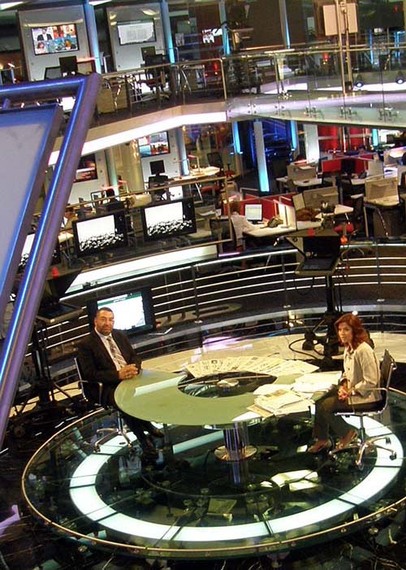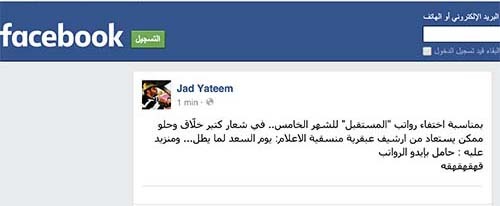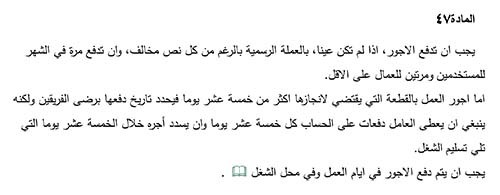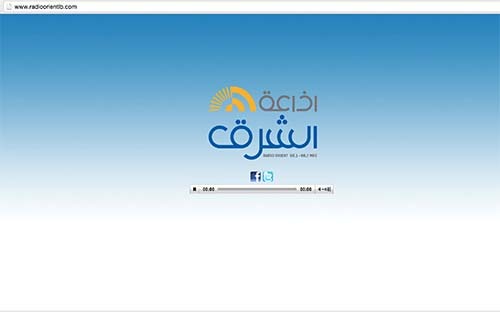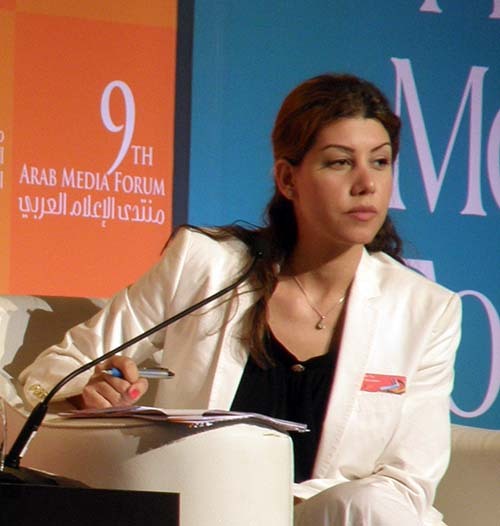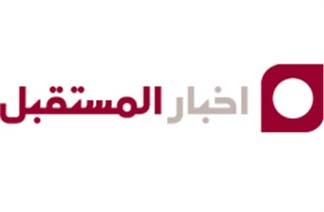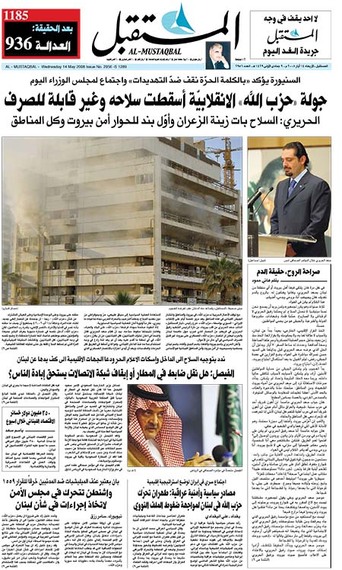It's a rough ride for one of Lebanon's media firms whose employees threatened strike action this week to protest 6-8 months of back pay, no viable alternative, and no light at the end of the tunnel.
"Yes it's been 6-7 months not paid," a Future TV Network staffer who declined to be identified told me in an email. "Yesterday they paid one month to make people calm down."
The strike would have meant cutting down newscasts from five to two per 24-hour cycle (one in the afternoon and one during primetime viewing) and stopping work on the channel's website.
"I don't want to comment because I am just an employee in this situation and it's f****d up enough," he added.
In an August Facebook post, journalist Jad Yateem commented:
"On the occasion of the disappearance of "Future's" salaries for the fifth month...there's a very creative and nice slogan that can be retrieved from the genius of the (Future) media's coordinating body: The day when Al Saad (a play on words referring to Saad Hariri and meaning good fortune) appears...and we'll add to it, he's carrying salaries in his hand. Ha! Ha! Ha! Ha!"
Saad Hariri is a billionaire former prime minister whose father Rafic Hariri (also a former prime minister) founded the Future media company and political movement by the same name and who was assassinated on Valentine's Day a decade ago.
Late salary payments are a chronic issue at most Lebanese media organizations. Employers, however, circumvent the law by doling out "advances" or partial salary payments to avoid foreclosure and declarations of bankruptcy.
According to Article 47 of Lebanon's labor law, employees should be paid at least once a month.
Part-timers or freelancers should receive payment in 15-day installments, with the final disbursement 15 days after the work has been completed or product delivered, if the work requires more than 15 days.
"The promotion department has stopped working since most of its staff are freelancers and they simply left," said a TV insider, adding that the management had promised the issue would be solved by year's end.
The dire straits have led to reports the whole media operation may be up for sale.
Political sources said Hariri was strapped for money because of projects he completed and for which his company had not yet been paid, so there was a snowball effect on his media operations.
"All we see are indirect references to Saad Hariri's business being adversely affected by non-payment to him by his Saudi patrons, meaning nothing is trickling down to employees in the media sector," said one of the journalists affected by the lack of funds. "Even his professional partisans are out on a financial limb."
The reporter went on to say there was too much discord within the Hariri empire: the late prime minister's children don't see eye-to-eye, his widow (second wife and mother of some of the children) sold the building in which Al Mustaqbal newspaper was housed, so staffers were squished into a facility next to one of the TV channel's buildings, and nobody was telling them anything on why the money spigot had dried up.
"I'm still at the newspaper and things are as you're reading in the press," confirmed yet another person in the organization, also not wishing to be named.
Regular pay there stopped eight months ago except for an occasional $300-$500 loan to whoever asks for it.
Hard up employees who rent apartments have had to move in with relatives, and some unable to pay their children's fees have transferred them to schools that take in the poor and needy. Some staffers even sold their home furniture.
"If we try to get bank loans, as soon as creditors find out we work for a Hariri media organization, they turn us down, knowing we haven't been paid in months," lamented one editor.
Even Hariri-owned radio station Iza'at Al Sharq (Radio Orient) hasn't been immune.
Reports, confirmed by insiders, said disgruntled employees had sent a letter to the Hariri widow imploring her not to leave them in the lurch and to follow her husband's motto of "the buck stops here."
"As for continuing work, all Future media people are still working (producers, presenters, online, technicians)," said Paula Yacoubian, the host of a political talk show on Future TV, and the only person willing to be quoted. "Everyone knows they'll be paid eventually."
She acknowledged the channel was in crisis mode but said all Lebanese media were suffering.
"There's another crisis, the advertising market is dropping and advertisers have shrunken budgets," she added.
Despite the setbacks, Yacoubian said she was hanging on.
"Without talking to all of our colleagues, I know they have the same attitude about working for this company. They won't stop working," she said.
It's not the first time Al Mustaqbal (Future) media have been in financial hot water. In 2011 news circulated the TV channel would close after a series of layoffs.
The media operation took a direct hit when Rafic Hariri was assassinated on February 14, 2005, as well as due to sliding advertising revenue and high production costs.
When the newspaper was launched, it boasted a state-of-the-art newsroom and salaries better than most dailies in the country.
But high management and personnel turnover as well as questionable expenditures led to reporters' salaries being frozen. Several jumped ship to other local media or migrated to more lucrative positions in the Arab Gulf countries.
In August 2012, Future TV merged its blue and red channels and consolidated operations under a new logo amid much fanfare.
Years earlier, the red channel was established to focus on all-news and political talk shows while the blue channel that had previously been a comprehensive station was dedicated mostly to entertainment with some interspersed newscasts.
After budget cuts and layoffs, the TV operation resumed under the blue umbrella. Much of the programming that didn't generate adequate advertising and cost too much to produce fell by the wayside.
Political opponents have also physically targeted Future media and staffers in recent years.
In November 2008, pro-Syrian regime assailants unhappy with the station's political leanings beat up then Future TV reporter Omar Harqous leaving him crippled in hospital. He later recovered and eventually left the country.
Months earlier their group contributed to the siege of Beirut with allies who unplugged the channel, burned its archives and shot missiles through the offices of the newspaper.
But the various Future media defied the threats and resumed operations in makeshift quarters until their premises were repaired.

